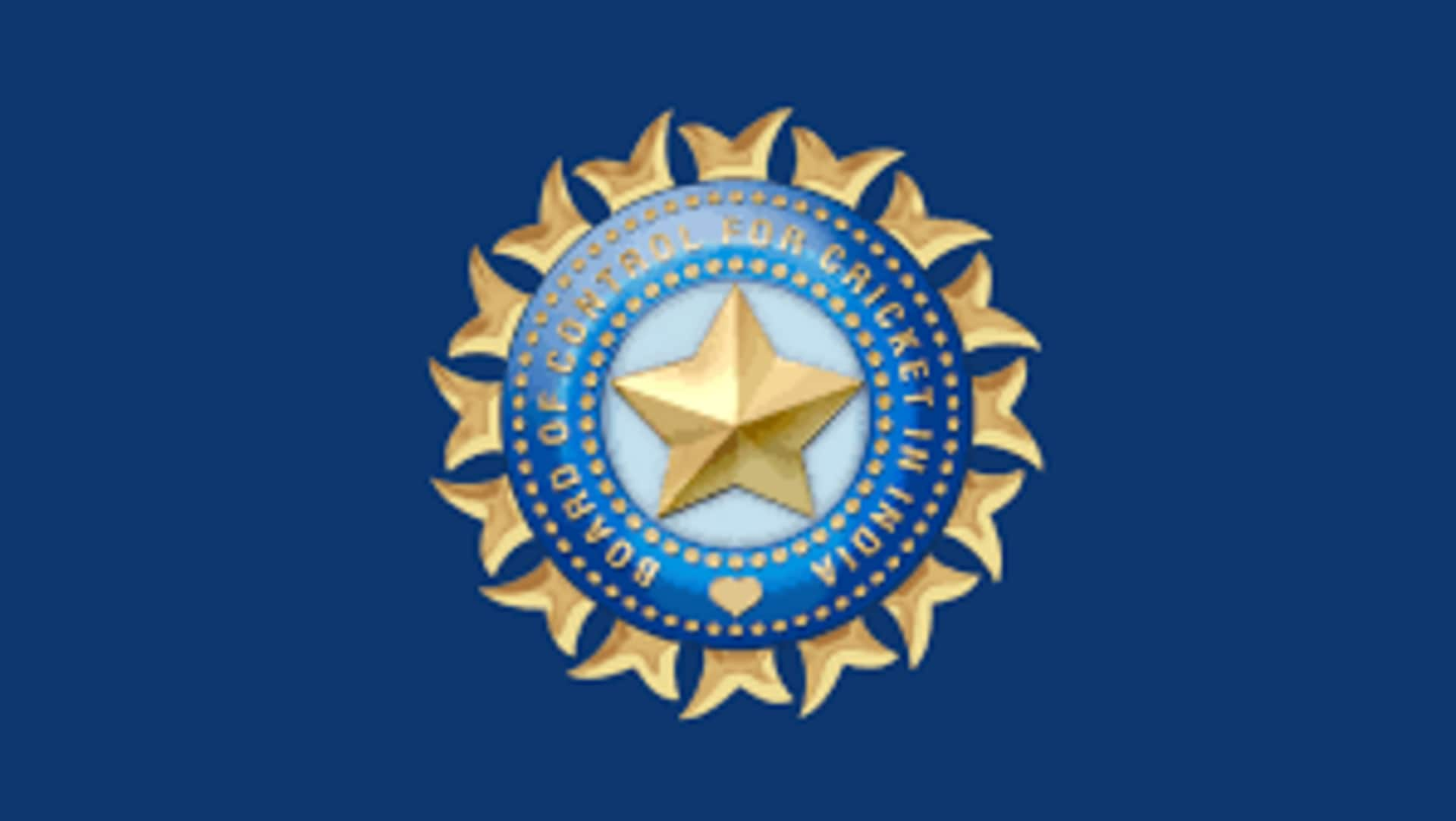
Will BCCI come under Sports Governance Bill? Details
What's the story
The Indian government is set to introduce the National Sports Governance Bill in Parliament today. The proposed legislation will bring the Board of Control for Cricket in India (BCCI) under its purview, along with 45 other National Sports Federations (NSFs). Once enacted, the BCCI will have to be recognized by a proposed National Sports Board, sources from the Sports Ministry said.
Compliance requirements
What Sports Ministry sources said
The Sports Ministry sources clarified that like all NSFs, the BCCI will have to comply with the law once this Bill becomes an Act. "They will remain an autonomous body like all other NSFs but their disputes, if any, will also come to the proposed National Sports Tribunal," they said as per the Indian Express. This tribunal would be a dispute resolution body for sports matters ranging from elections to selection.
Autonomous status
BCCI's status and response
The move to bring BCCI under the Bill is significant because it is an autonomous sports body registered under Tamil Nadu Societies Registration Act, 1975. It doesn't come under the 45 recognized NSFs, which include major Olympic sports as well as indigenous ones like Yogasana, Kho-Kho and Atya Patya. BCCI secretary Devajit Saikia told The Indian Express that they will wait for more details of this Bill before deciding their course of action.
Governance structure
National
The National Sports Governance Bill proposes the establishment of a National Sports Board to oversee recognition and suspension of NSFs. Its members, including a chairperson, will be appointed by the central government. The board will also protect athletes' rights and ensure fair elections in NSFs. In case federations are suspended or derecognized, this Bill empowers the board to appoint ad-hoc committees.
Dispute resolution
National Sports Tribunal to resolve disputes
The Bill also proposes a separate body, the National Sports Tribunal (NST), which will fast track and resolve conflicts among different stakeholders in the sporting ecosystem. However, it won't have jurisdiction over disputes arising during Olympic Games, Paralympic Games, Asian Games or Commonwealth Games. It also won't decide on anti-doping cases for which an independent disciplinary and appeals panel of the National Anti-Doping Agency exists.